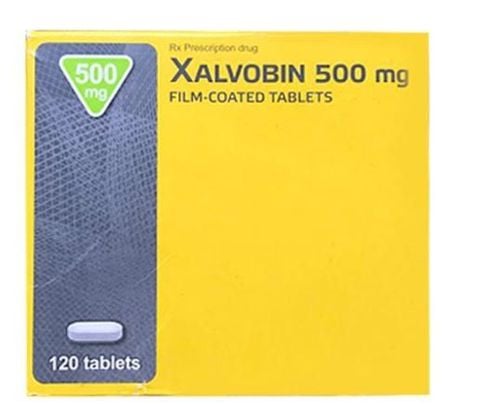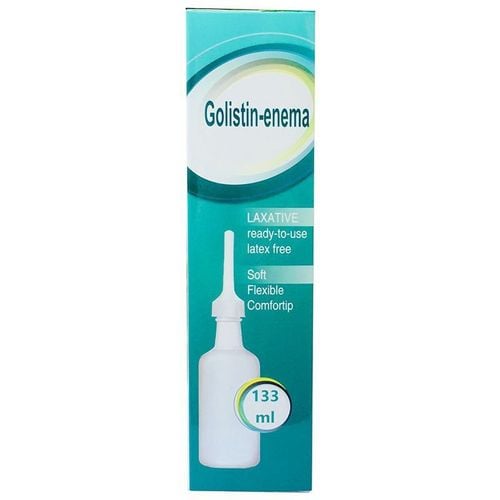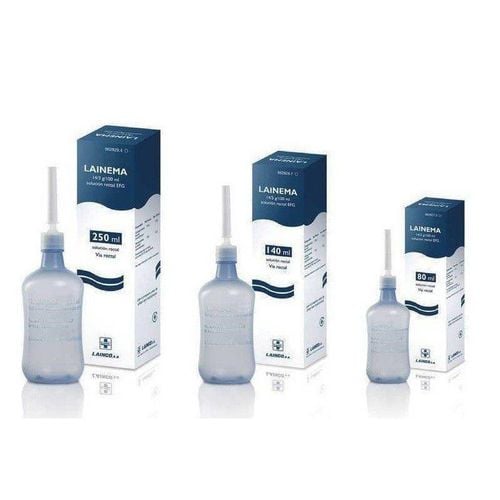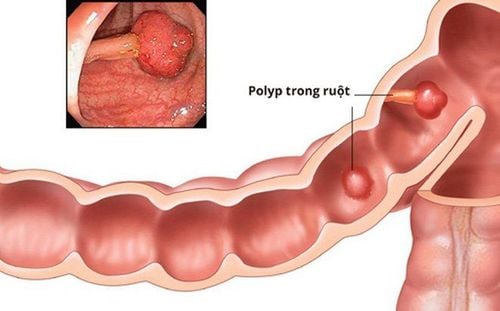This is an automatically translated article.
The article is professionally consulted by Master, Doctor Le Phuc Lien - Urologist - Department of General Surgery - Vinmec Central Park International General Hospital. The doctor has more than 12 years of experience in the field of urology and specialized urology.Colonoscopy is also considered an effective method for colon cancer screening, early detection and removal of precancerous lesions (polyps) and small tumors in the intestinal tract before symptoms appear. proof.
1. What is a colonoscopy?
Colonoscopy is a diagnostic technique that uses a flexible endoscope that allows the doctor to easily view the inside of the patient's colon. Thanks to this diagnostic technique, it helps to detect abnormalities in the intestinal tract such as tumors, ulcers, polyps and areas of inflammation or bleeding.
2. When should colon cancer screening?
Doctors recommend that people who are 50 years of age or older and at average risk for colon cancer should have a colonoscopy every 10 years or earlier to screen for colon cancer.
Colonoscopy can find the main causes of abdominal pain, rectal bleeding, persistent constipation and diarrhea, or other intestinal problems.
In cases where the patient has had pre-existing polyps, the doctor may order a follow-up colonoscopy to quickly find and remove any new polyps that appear. This helps reduce the risk of colon cancer.
2.1 Indications for colonoscopy Colonoscopy will be indicated for the following cases:
Abdominal pain Blood in stools, or stools that are black like coffee grounds Change in bowel habits Lack of hypochromic blood Detecting colonoscopy abnormalities, such as polyps People with a history of polyps or colon cancer in the past Have inflammatory bowel disease, ulcerative colitis,..

Mắc bệnh viêm đường ruột, viêm loét đại trực tràng,..
Over 40 years old who needs colonoscopy, or family has a history of colon cancer 2.2 Preparation before colonoscopy Before performing colonoscopy, you should note the following:
Tell your doctor about any medications you are taking at least 1 week before your colonoscopy, such as anticoagulants or aspirin. Ask your doctor what medications to take or stop taking on the day of your colonoscopy. You should also tell your doctor if you are allergic to any medications, including anesthetics. Inform your doctor that you are pregnant or think you may be pregnant. Your colon should be empty during the colonoscopy. You will need to avoid eating solid foods and only drink liquids for 1 day before the procedure. You will also need to take a laxative in the form of a tablet or powder, or an enema the day or night before your colonoscopy to empty your colon. Arrange for a friend or family member to drive you home, because after the procedure you may be a bit dizzy from the sedation. You will be asked to sign a statement stating that you understand the risks and benefits of a colonoscopy and agree to the test. Ask your doctor about any questions you have regarding colonoscopy and the need, risks, and implications of the procedure.
3. The process of performing colonoscopy
3.1 Procedure Usually, a colonoscopy will take about 30-60 minutes to complete. When you arrive for the endoscopy, you will have to take off your clothes and change into a hospital gown. You will then lie on your side on an examination table in a separate room. The lying position is usually on your left side with your legs bent high up to your abdomen. Your nurse will give you pain medicine and a sedative intravenously to limit your discomfort. You may be awake, but not aware or remember what happened during the procedure.
Next, the doctor will insert the endoscope and blow air into your colon. The colon will swell, allowing the doctor to better see the lining of the colon and rectum through a monitor connected to a camera attached to the end of the endoscope. If there are abnormal growths, or polyps appear, in your colon, your doctor will use a tool at the end of the endoscope to remove it or perform a biopsy. This procedure is usually painless, but bleeding can occur at the site where the tissue is removed. Rarely, colonoscopy can perforate the colonic wall. If this is the case, surgery will be required to repair the hole.
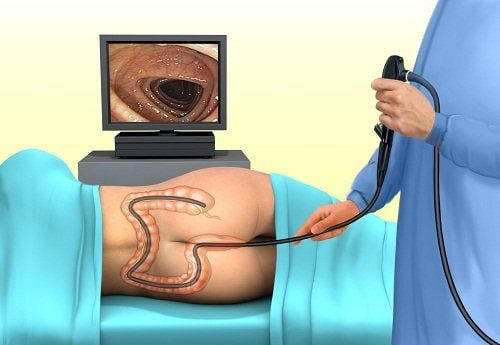
Nội soi đại tràng
During the procedure, you may feel uncomfortable lying still for a long time or get cramps. Take slow, deep breaths to ease this pain.
3.2 After a colonoscopy You should stay in the procedure room for up to 2 hours to wait for the effects of the sedation or anesthetic to wear off. You should also not drive after that, but should ask a family member to take you home.
After the colonoscopy is done, you can completely do your daily activities (such as eating).
Results will be returned in 5-7 days. Contact your doctor immediately if the following complications occur:
Severe abdominal pain Fever, vomiting Bowel movements Dizziness Weakness Heavy bloody stools Some other complications of colonoscopy Colonoscopy includes:
Endoscope causing tear or perforation of colonic wall Removal of polyps or biopsy may cause bleeding, but the extent of bleeding is minimal and can be controlled. There are some reactions to anesthetics. However, these complications are very rare, occurring in only about 1 in 1000 patients.
Colonoscopy is considered safe, does not pose any danger, and complications are very rare if you perform it at a reputable medical facility, skilled doctors and current medical equipment. grand.
Vinmec International General Hospital with a system of modern facilities, medical equipment and a team of experts and doctors with many years of experience in medical examination and treatment, patients can rest assured to visit examination and treatment at the Hospital.
Gastrointestinal cancer screening is a scientific and effective measure to detect gastrointestinal cancer early (esophageal cancer, stomach cancer, colon cancer) and provide a treatment plan. the best. Currently, Vinmec International General Hospital has a package of screening and early detection of cancers of the gastrointestinal tract (esophagus - stomach - colon) combined with clinical and paraclinical examination to bring the most accurate results. maybe.
When screened for gastrointestinal cancer at Vinmec, you will receive:
Gastrointestinal specialty examination with an oncologist (by appointment). Gastroscopy and colonoscopy with an NBI endoscope with anesthesia. Peripheral blood count (laser counter). Automated prothrombin time test. Automated thrombin time test. Activated Partial Thromboplastin Time (APTT) test using an automated machine. General abdominal ultrasound
Please dial HOTLINE for more information or register for an appointment HERE. Download MyVinmec app to make appointments faster and to manage your bookings easily.




